Severe periodontitis: affected 11% of the world population in 2010
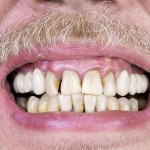
The review represents some of the output of the 2010 Global Burden of Disease studies and finds that severe periodontitis is the 6th most prevalent disease affecting about 11% of adults worldwide.The prevalence increases gradually with age with a steep increase between the 3rd and 4th decades.
[read the full story...]Periodontal treatment: another review finds that it has short term benefits for glycaemic control
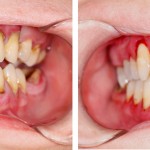
This is the most recent review of the link between periodontal treatment and glycaemic control in diabetic. In included 10 trials involving 1135 patients and found and improvement in Hb1Ac levels at 3 months but not at 6 months.
[read the full story...]Toothbrushing: review finds association between infrequent brushing and periodontitis

One of the aims of regular daily toothbrushing is to remove plaque as it is an important risk factor for caries an periodontal diseases. This new review looks at the evidence related to frequency of brushing and periodontal disease. Only 14 observational studies were included and these suggest that irregular brushing is associated with more severe periodontal disease.
[read the full story...]Malocclusion: review finds that it has an adverse effect on quality of life
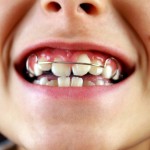
Following on from a review we looked at earlier in the week about the impact of orthodontic treatment on quality of life we look at a review considering whether malocclusion affects quality of life. 6 studies were included and malocclusion was considered to have a negative impact.
[read the full story...]Low level laser therapy: review suggests it reduces mucositis in patients undergoing cancer treatment
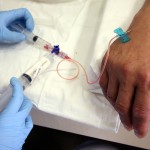
A 2011 Cochrane review found weak evidence from 5 studies that low energy laser therapy (LLLT) may be beneficial in preventing severe mucositis. This new review included 18 studies and found that low level laser therapy reduced overall risk of severe mucositis.
[read the full story...]Dental implants: review finds no differences between immediate functional or nonfunctional loading
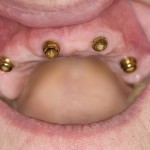
This review looks at a specific aspect of the loading of dental implants following placement, whether they should have immediate functional or non-functional loading. including 6 randomised controlled trials and 5 controlled trials no significant difference was found between the two approaches
[read the full story...]Orthodontic research is currently using a narrow range of outcome domains
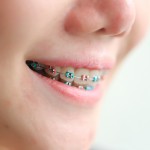
This new review looked a 6 main outcome domains in orthodontic research and found that 3 domains (quality of life, health service resource utilization, and adverse effects of treatment.) that could provide useful insight were infrequently evaluated.
[read the full story...]Orthodontic treatment: Does it improve quality of life for patients?
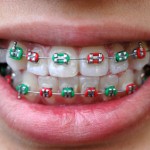
Orthodontic treatment is considered to have an impact on an individuals quality of life. This review focuses on the studies using the Oral Health Impact Profile-14 as a measurement tool. A small number of studies were included in a meta-analysis which identified significant improvement in the OHIP-14 scores.
[read the full story...]Caries management: trial finds Hall technique more successful than other approaches in primary molars

The Hall technique is a relatively new management technique for caries in primary molars. This trial compares it use against the conventional approach and a non-restorative approach. Results at one year suggest that the Hall technique performed best.
[read the full story...]Mandibular fractures: review finds no difference in postoperative complications between locking and non-locking plates
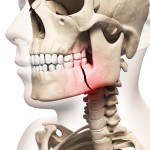
Today we look at a review that was comparing the clinical outcomes between locking and non-locking plates for the fixation of fractures mandibles. The review identified 10 studies, 8 of which were at high risk of bias. They found that there was no difference in the level of post operative complications between teh different approaches.
[read the full story...]